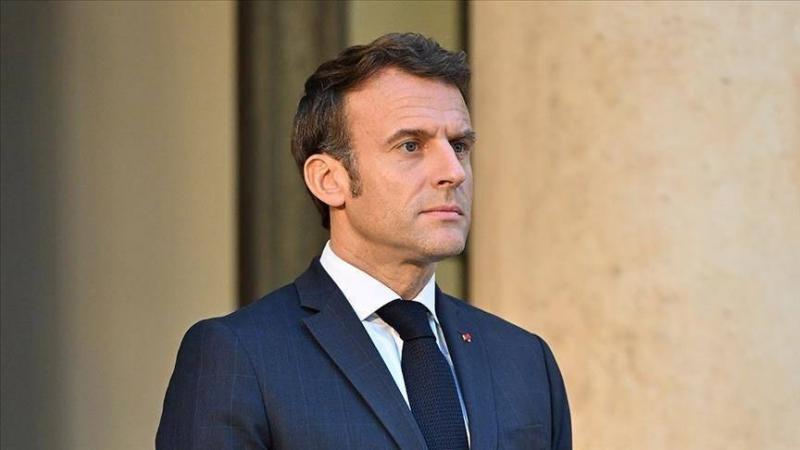French President Emmanuel Macron excluded the possibility of resigning from his position before the end of his term, marking his first comments since the elections held earlier in July. Macron acknowledged the loss of his centrist party in the elections but rejected the left-led alliance's attempt to appoint a new prime minister. He clarified that his government, nearing the end of its term, will continue to focus on the Olympic Games in a caretaker role until mid-August, after which he will look to appoint a new prime minister.
He stated, "Clearly, until mid-August, we must focus on the Games. After that, from there, it will be my responsibility to appoint a Prime Minister and charge them with forming a government and securing the broadest possible support to allow it to work and be stable."
The leftist coalition "New Popular Front" in France, which won the largest number of seats in the recent parliamentary elections, proposed Lucie Castet, an expert in financial crimes, as their candidate for prime minister just an hour before Macron's television interview. However, when asked about Castet, who is relatively unknown to the public, Macron told France 2, "That is not the issue. The name is not the issue. The issue is: what majority can emerge in the National Assembly?" He added, "We are not in a position to change things until mid-August, as that would create chaos."
The French President stated that "no one can push their agenda. Not the New Popular Front, nor the outgoing majority, nor the Republican right." He emphasized, "The responsibility of these parties is to do something that all European democracies do, which is not our tradition, but I believe is what our citizens expect... which is to make concessions."
The Paris Olympics, which will take place from next Friday until August 11, presents a significant logistical and security challenge for France, covering 35 venues with around 10,500 athletes participating. The president's camp lost its majority in the National Assembly after the sudden decision to dissolve it ahead of the Olympic Games, followed by legislative elections that split the Assembly into three blocs, all far from an absolute majority.
The president immediately accepted the resignation of Prime Minister Gabriel Attal's government, which still serves in a caretaker capacity with limited political role. Macron called on the political forces within the "Republican Front," which collaborated to counter the far-right in the legislative elections, to "be at the level of what they did between the two rounds" of the elections and "to reach compromises."




